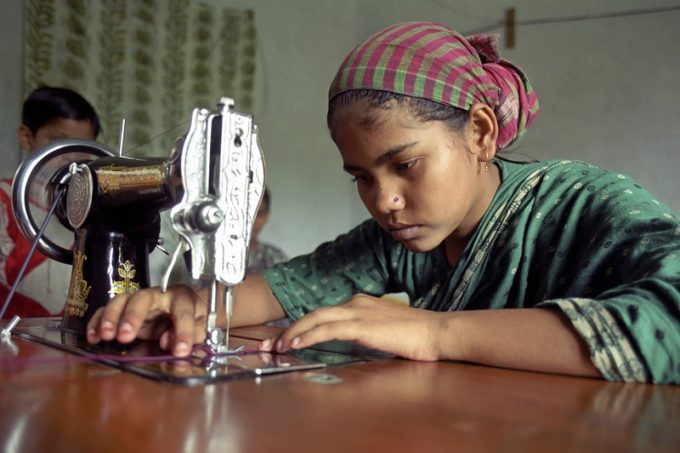'Stop-gap measures' shippers could use to cope with the China tariff crisis
Exporters in China are invoking short-term emergency supply chain plans to try to mitigate tariff ...

Bangladesh’s apparel sector, the country’s top foreign currency earner, is being hit by coronavirus-related supply chain disorder, with prices for raw materials soaring.
As materials from China fail to arrive in time, prices of local stocks of items have gone up by nearly 50% in some cases.
Some factory owners have been forced to bring raw materials in by air to meet manufacturing deadlines.
And the sector is gearing up for a prolonged crisis as the virus continues to spread worldwide, with fears ...
Maersk Air Cargo sees volumes fall as it aims for 'margin in favour of revenue'
Keep our news independent, by supporting The Loadstar
Container spot rates diverge: to Europe still falling, but firmer to the US
Volume surge and an early peak season? 'Don't celebrate too soon,' warning
Hapag-Lloyd won't take bookings if port congestion leaves cargo stranded
Ecommerce likely the front-runner in resurge of transpacific trade after deal
China-US trade tariff pause could drive a rebound for transpacific rates
Airfreight players eye new routes as demand on the transpacific nosedives
Service chaos from trade ban with India a problem for Pakistan shippers
Airfreight rates ex-China 'loss-making', but hopes of a trade deal stay high
Serious threat to jobs in US logistics as tariffs cause economic 'stagflation'
Carriers impose 'emergency operation' surcharges on Pakistan cargo
White House u-turns see freighters flying but keep logistics players on their toes
15% rebate for box ships as Suez Canal Authority woos carriers
APMM floats along on 'solid' Q1 profitability in Ocean, well prepared for choppy water
MSC in terminal switch as Nhava Sheva gets strong start to new fiscal year

Comment on this article
Sher Shah
December 20, 2020 at 7:05 pmThis article is really highly informative and useful for us. We are a PPE manufacture and supplier company.